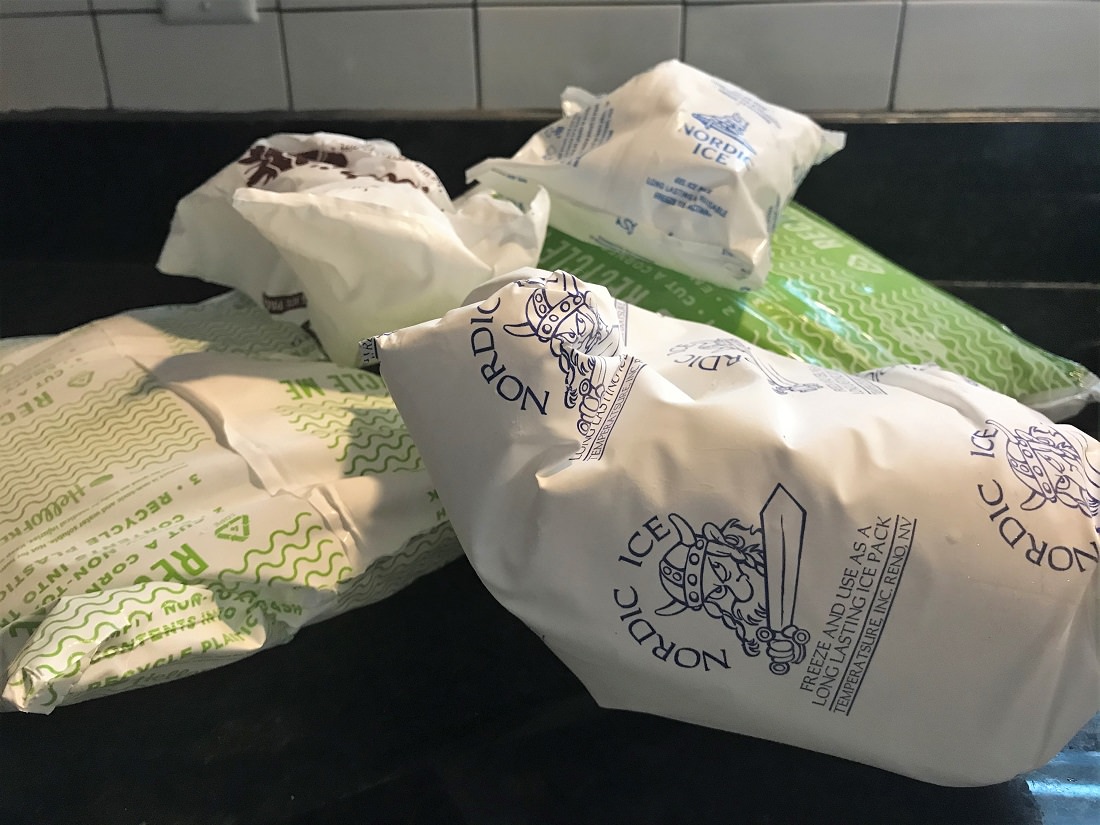Experts have warned that these bulky, single-use items pose significant environmental concerns, as they are difficult to recycle and often end up in landfills, where they can take hundreds of years to break down. What's more, many of these ice packs use materials that are harmful to the environment and can even release harmful chemicals into the soil and water.

One of the most common types of ice packs used in food deliveries is the gel pack, which is typically made from a combination of water, a polymer or cellulose material, and various chemicals. While these packs are effective at keeping food cold, they are notoriously difficult to recycle, as the various materials used in their construction can be tough to separate and process.
As a result, many food delivery services end up throwing out thousands of ice packs each week, contributing to the growing problem of plastic waste in our landfills and oceans. Even more concerning is the fact that many of these ice packs are manufactured using non-renewable resources, and their production and disposal can lead to significant environmental impacts.
So what can be done to address this issue? One potential solution is to encourage food delivery services to switch to more sustainable forms of packaging, such as reusable containers or insulated bags. Additionally, there are a growing number of eco-friendly ice pack alternatives available on the market today, including packs made from non-toxic, biodegradable materials like soybeans, cornstarch, and gelatin.
Of course, these alternatives aren't perfect, and they still require energy and resources to produce and transport. However, they are a step in the right direction towards a more sustainable future, and they offer a viable way to reduce our reliance on traditional ice packs and other single-use plastics.
Overall, while ice packs are undeniably useful for keeping food fresh during transportation, their environmental downsides cannot be ignored. By opting for more sustainable packaging and choosing eco-friendly ice pack alternatives, we can all do our part to reduce waste and protect our planet for future generations.
For anyone who is looking for an alternative to traditional ice packs for personal use, there are a number of ice packs for knee and other injuries that are designed to be reusable and sustainable. From gel packs made from recycled materials to compresses filled with natural ingredients like rice, there are plenty of options available that can help address the needs of athletes, weekend warriors, and anyone else dealing with pain or inflammation. So if you're looking for an easy way to reduce your carbon footprint and support a more sustainable future, consider making the switch to eco-friendly ice packs today.